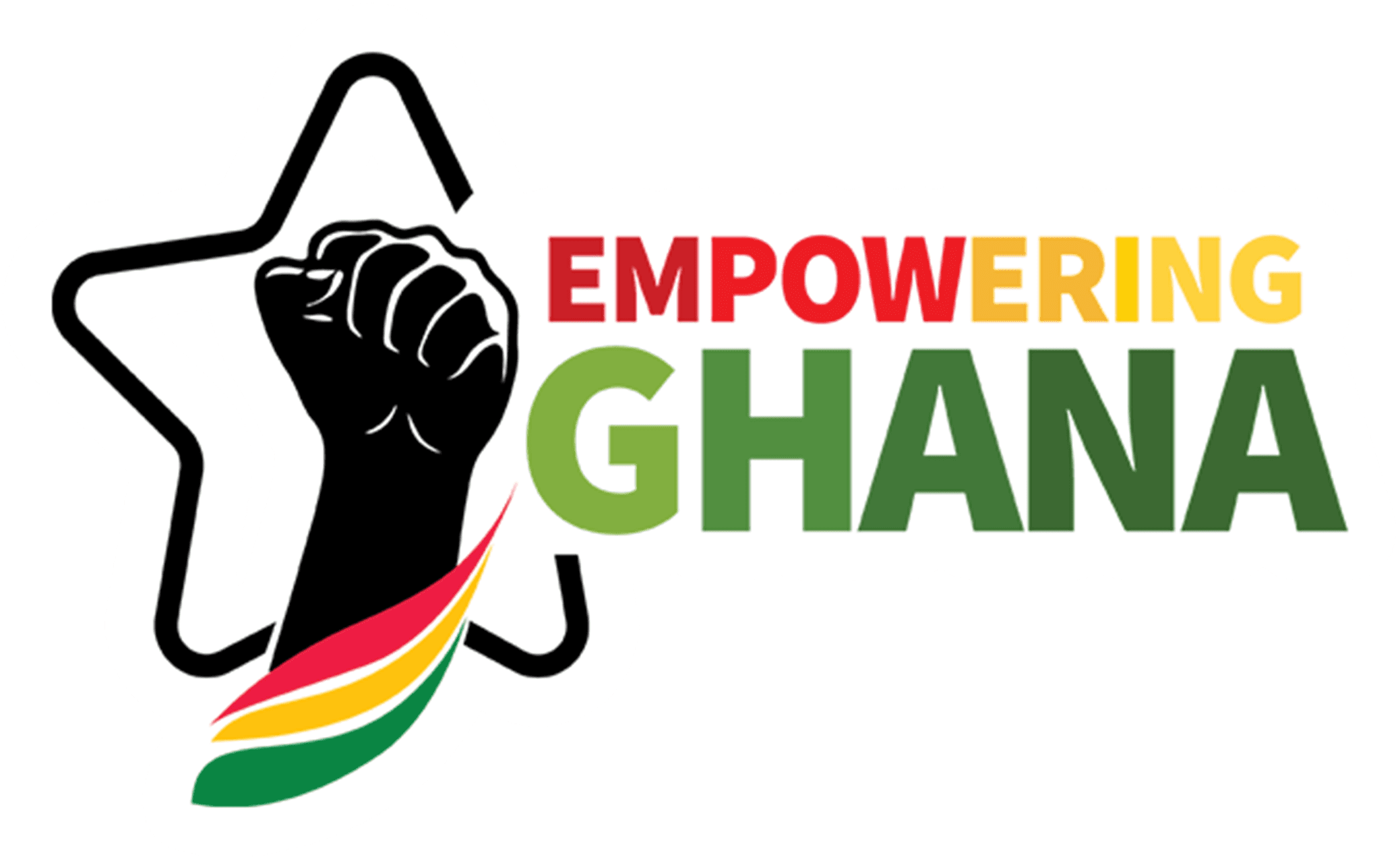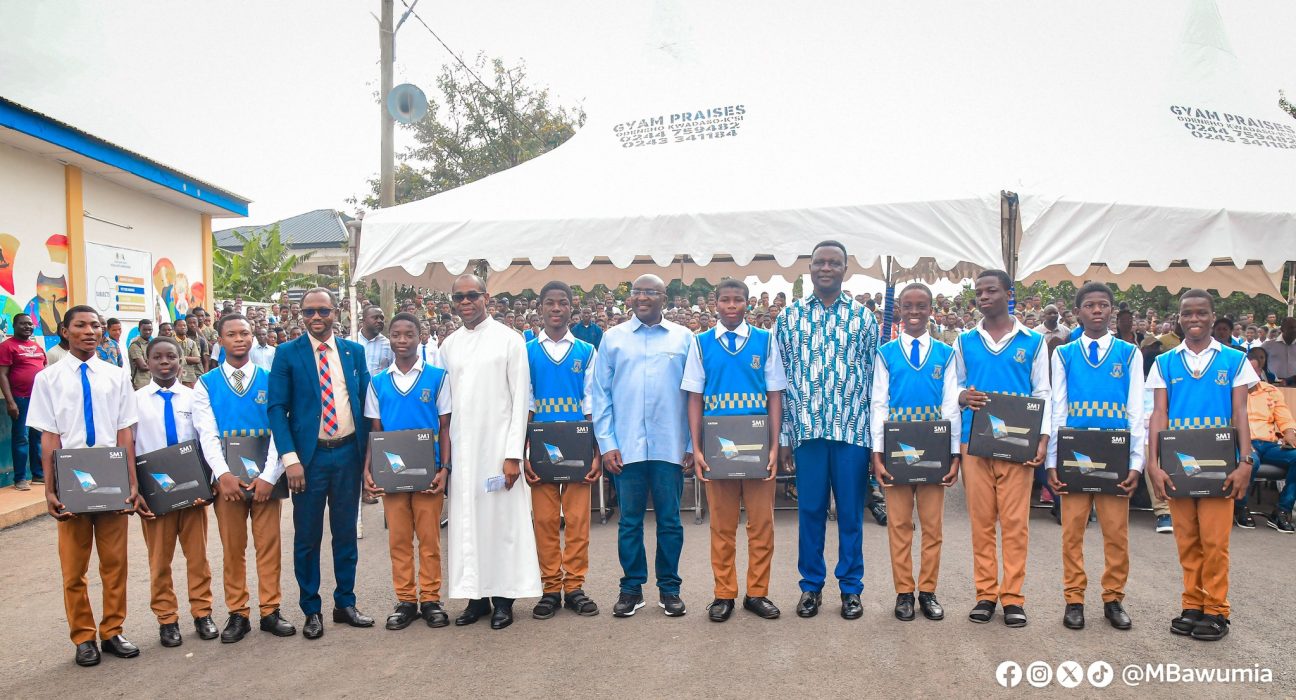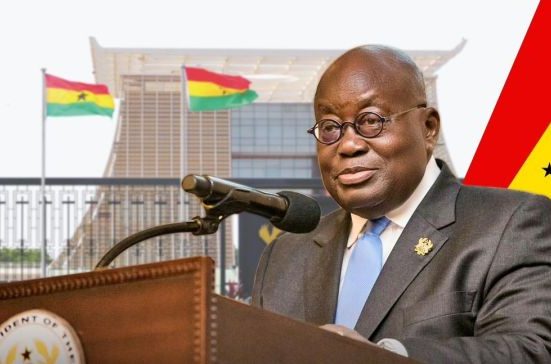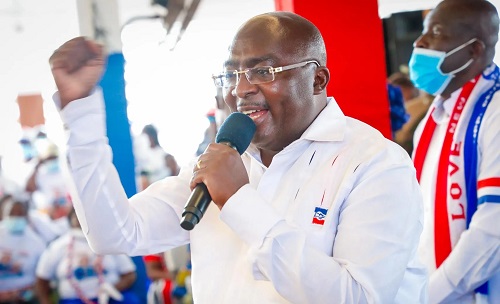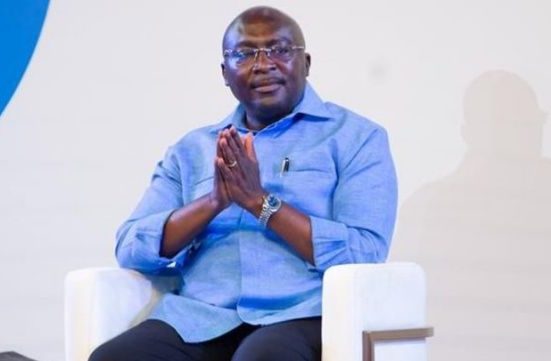Dr. Prince Hamid Armah, Chairman of the New Patriotic Party’s education manifesto committee, states that beyond the government’s flagship Free SHS program, the education sector as a whole has seen remarkable improvements that are impossible to ignore.
The former NACCa head noted that under the Akufo-Addo-Bawumia administration, education across all levels—basic, senior secondary, tertiary, and technical and vocational—has been steadily progressing towards its former glory.
He highlighted that advancements in teacher welfare, professionalism, and educational infrastructure have also contributed to this success.
Dr. Armah made these remarks during an event on the state of education in Ghana, where the sector minister, Dr. Yaw Osei Adutwum, showcased the government’s achievements in education over the past seven years through various media.
In an interview following the event, Dr. Armah, also the MP for Kwesimintsim, emphasized that the government’s educational achievements should be viewed in the context of past challenges.
He described the education sector’s trajectory, noting that before the NPP came to power, early grade assessments in math and literacy revealed poor performance, with many students struggling with basic skills. WASSCE results were low, and teachers faced shortages of essential supplies, including chalk.
Dr. Armah commended the Akufo-Addo-Bawumia government for addressing these issues through bold reforms that improved both infrastructure and curriculum.
He reported that over 2,731 educational infrastructure projects have been completed, including 1,430 at the basic level, 1,144 at the senior secondary level, and 138 at the tertiary level, along with projects for model schools and TVET centers.
Contrary to opposition claims of project neglect, Dr. Armah confirmed that 1,651 of these projects were legacy projects, with 1,080 being new.
The government has also revamped the curriculum to better meet current needs, focusing on developing skills for the 21st century. Dr. Armah pointed out that the old curriculum, which emphasized rote learning, was insufficient for modern demands.
He noted that, while at NACCa, he oversaw the production of textbooks aligned with the new curriculum and emphasized that a fidelity implementation plan ensures the reforms’ objectives are met.
Teacher reforms, including a regulatory framework and licensure exams, have improved the global recognition of Ghanaian teachers. Dr. Armah concluded that these comprehensive policies have led to significant improvements in basic, secondary, and tertiary education.
